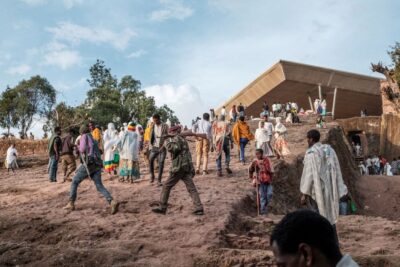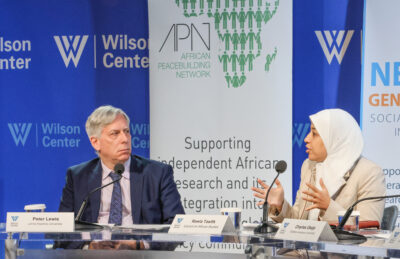Writing for the “Ways of Water” series, Oviya Govindan reflects on the conflicts that fishers face when their fishing waters become increasingly polluted. Ethnographically attempting to “follow the fish,” Govindan finds that narratives about fish are intrinsically narratives about water, toxicity, and the moral and political economies of both together. As industrial pollution affects fishing waters in Ennore, some fisher-activists try to raise public awareness, hoping to provoke a reduction in contaminating policies. While these forms of resistance are familiar in several industrial contexts, Govindan calls attention to quieter forms of politics. This piece tells the stories of fishers living with industrial waters who are reluctant to draw attention to the pollution and suggest that these are rumors, and that the consumption of their fish poses no risks. Thinking with these conflicts, Govindan calls for a politics of water that attends not only to familiar modes of resistance, but also to the uneven, reluctant forms of actions that stake out ethical living in an already polluted world.













